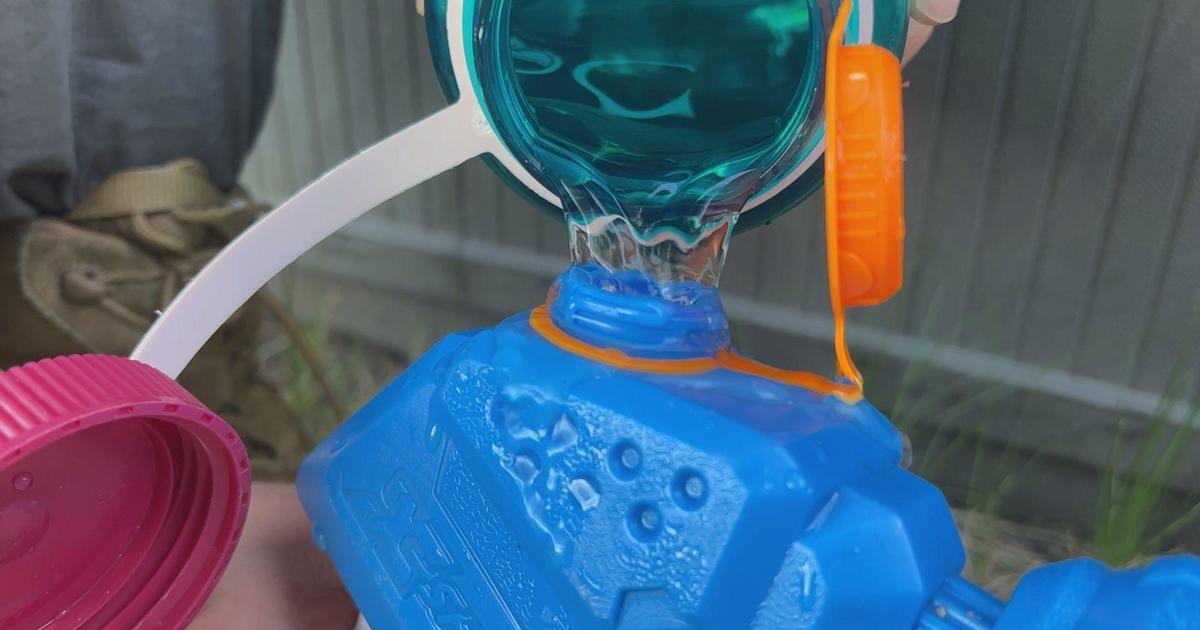Ponemon Study Says Inefficient Access to Patient Info Costs Hospitals $2M A Year
The average hospital pays $2 million a year in costs that could be avoided by more efficient access to patient information, according to a new research report released Wednesday from Ponemon Institute, the Traverse City-based privacy and information management research firm, and Lexington, Mass.-based Imprivata on the use of single sign-on technology.
The study shows the average clinician spends 122 hours a year -- three work weeks -- trying to access various forms of electronic medical records. This is caused by the overabundance of passwords and logins being managed to access the applications needed for accessing patient care. This time can be critical, especially in emergency care settings.
SSO automates the login process, enabling clinicians to logon only once to their desktop in order to gain fast access to all their applications – removing clicks, keystrokes and complex passwords. According to the national study, SSO technology can dramatically decrease the amount of time clinicians spend on the access process. Further, health care providers also have the potential to save more than $2 million on average, annually with SSO and authentication solutions. These results show a significant opportunity for health care systems to increase physician workflow, generate new capital and, ultimately, improve the overall quality of care delivered to their patients.
"The results of the study demonstrate the positive impact SSO technology can have on the health care industry," said Larry Ponemon, chairman and founder of the Ponemon Institute. "In addition to necessary security gains, this technology is proven to generate very significant cost and time savings. Health care systems using this technology can benefit from productivity and cost gains that could help transform their organizations. That time and money can be redeployed to areas that will drive improvements in patient care, including the addition of new staff or other life saving medical technology."
The following summarizes the key findings of the survey including data that reinforce the role the SSO can have in justifying EMR usage, a key challenge for many in the healthcare field:
* SSO technology saves clinicians an average of 9.51 minutes a day (122 hours per year)
* This time savings is translated into an estimated $2,675 per clinician each year which yields a total annual savings of more than $2.6 million
* 83 percent of respondents believe SSO simplifies access to applications and data
* The study found that prior to SSO, users had an average of 6.4 different passwords or pins required to access critical applications and patient data
* Approximately 70 percent of respondents believe SSO is important or very important to the adoption of EMR and related systems
* 60 percent of all respondents believe SSO solutions support their organizations' efforts to demonstrate the "meaningful use" of EMR and related information
* On average, respondents said they have between 11-30 applications using single sign-on
* 80 percent of SSO users would recommend the technology to others
"This survey validates what Imprivata Healthcare customers have known for years – single sign-on and authentication make it easy and secure for physicians to access EMR applications," said Omar Hussain, president and CEO of Imprivata. "The Ponemon Institute's findings directly correlate these benefits to a significant financial impact and cost savings.
More than 400 healthcare IT representatives and clinicians responded to the survey. Full results and an executive summary of the 2011 Ponemon Institute Survey: "How Single Sign-On Is Changing Healthcare" can be downloaded at www.imprivata.com/ponemon_institute_sso_survey_report.



